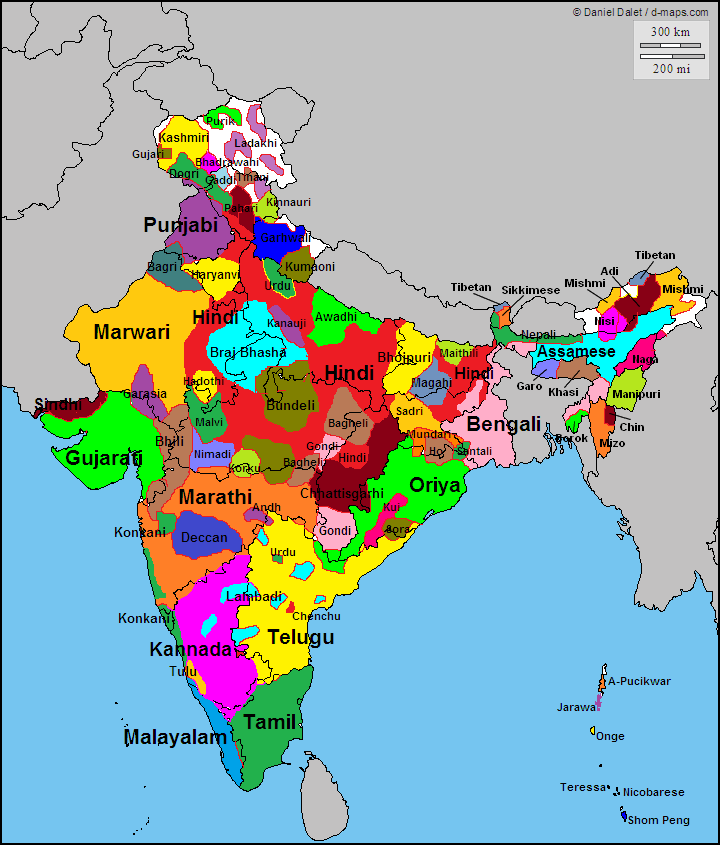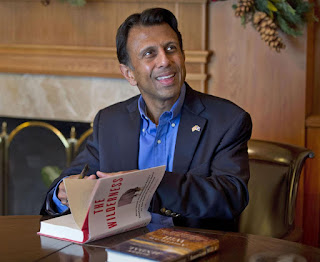NPR, the National Prejudiced Radio: Why Western Media’s Coverage of India and Hinduism is Ignorant and Biased.
NPR, the National Prejudiced Radio: Why Western Media’s Coverage of India and Hinduism is Ignorant and Biased.
National Public Radio’s (NPR) liberal bias is not secret. In his October 2017 New York Post piece Ken Stern, the former CEO of NPR writes:
“Most reporters and editors are liberal – a now dated Pew Research Center poll found that liberals outnumber conservatives in media by some 5 to 1, and that comports to my anecdotal experience at National Public Radio.”
Similarly, NPR’s official ombudsman Jeffrey Dvorkin also admitted to a liberal bias in NPR’s talk programming.
However, the NPR recently revealed another bias – an anti-India and an anti-Hindu bias.
The world’s largest democracy’s enterprise to elect its federal government is a gargantuan exercise. Spread over 39 days and seven rolling phases, the Indian electoral juggernaut boasts of approximately 900 million eligible voters, 12 million polling officials, 8,000 candidates, 2,000 political parties for 543 available seats in the Lok Sabha, the lower house of the Parliament. This is indeed a unique experience and most of world’s print and digital media cover this entire process and USA’s National Public Radio is no exception.
In a series of six stories filed starting April 14, NPR sought to cover the electoral process. But before we even get into nitty-gritty of its reporting, what stood out is the fact that NPR could not find a single reporter of Indian origin with deeper understanding of its language, culture, religions, etc. This fact is extremely important and should not be ignored.
It has been an unfortunate paradox of Indian identity in general and Hindu identity in particular that their definition of them comes from outsiders’ lenses. With the rise of the West, to quote Dr. Arvind Sharma, the Birks Professor of Comparative Religion at McGill University, Canada, “… the West became familiar with the religions of the Americas, Africa, and Asia and the main mode of transmission about these religions became one from outsider to outsider …” (Dharma and the Academy: A Hindu Academic’s View, American Journal of Indic Studies). Similarly, Adluri and Bagchi in their book ‘Nay Science: A History of German Indology’ show that the work of the Indologists is an outcome of Protestant debates over scriptures. Over time, but consciously, Protestant prejudice was injected and then established in the study of India.
In addition, much of the modern scholarship on India, especially it’s languages, culture, and religion was developed in the area studies (South Asia) programs of the United States of America. These programs were the result of the wartime expediencies of the rising American power in the world and many of their scholars were spies of the US government.
The other aspect of the South Asian scholarship in the US, at least in its nascent phase, was the involvement of the missionaries. According to Nicholas Dirks, the Chancellor of the University of California, Berkley and a South Asia scholar:
“The largest percentage of active academics, according to statistics maintained by the Association for Asian Studies in 1991, were in religion and philosophy. In earlier years, these fields were dominated by missionary connection and background. The Divinity School at the University of Chicago, for example, regularly trained missionaries about to go off to do church work in India... “
Undoubtedly, the missionaries had their own agenda in bashing, ridiculing, and demeaning the Hindus and their culture which was the first step towards their ultimate agenda of proselytization.
Beyond the missionaries, the Indologists, and the South Asianists, the same process of defining Indians and Hindus from a non-native perspective was adopted and perpetuated to a great depth by the Marxist scholars in post-colonial India. Due to these factors, not only did these non-native views of India and Hinduism became mainstream in the academia, but even Indians and Hindus lost both the credibility and the ability to define themselves in their own terms.
When these reporters file their reports on India as well as on Hinduism, they fail to nuance the differences between Indic and Western ideas of nationhood, nationalism, religion, etc. Author Hindol Sengupta in a recent tweet states that the “The idea that language is a source of coherent national identity is a Westphalian idea, which while valid, cannot be cut and pasted everywhere. Like the only idea of religion is not Abrahamic, every idea of state is not Westphalian.”
The idea that language is a source of coherent national identity is a Westphalian idea, which while valid, cannot be cut and pasted everywhere. Like the only idea of religion is not Abrahamic, the only idea of a nation state is not Westphalian. Civilisational states are diffrent. twitter.com/simongerman600…
516 people are talking about this
Sengupta was responding to a tweet by the German ‘geographer’ and ‘demographer’ Simon Kuestenmacher where he questions the idea of a coherent Indian nation given its linguistic diversity. Hindol has also questioned the oft-used negative connotation attached to the notion of ‘patriotism’ and ‘nationalism’ in Western liberal intellectual discourse. He has convincingly argued in one of his essays that unlike the West, India does not (and should not) fear patriotism and nationalism.
It is in this background that we need to look at the recent NPR coverage of India’s general election. In her pinned tween, the NPR’s India correspondent starts with a screenshot that defines the word ‘Hindutva’ as “An ideology to establish the hegemony of Hindus and the Hindu way of life”. The very use of the word ‘hegemony’ in that definition proves that the person(s) defining the word do not only have any understanding of Indic ‘religions’, but they are again using the same Western lens to look at it.
India is not only the longest surviving civilization with a history that goes at least 3,000 years before the Common Era, it is also the birthplace of at least 4 prominent and surviving world religions – Hinduism (the Sanatan Dharma), Buddhism, Jainism, and Sikhism. In addition, it has welcomed other religions including Christianity, Islam, Judaism, Baha’i, Zoroastrianism, etc., with open arms and with respect.
Similarly, NPR gives very one-sided and uneducated view of the Ram Janmbhoomi Movement. Dr. Meenackshi Jain’s book ‘The Battle for Rama Case of the Temple at Ayodhya” has laid down a detailed case for a Rama temple at Ayodhya. In the alleged ‘cow vigilantism’ cases, NPR fails to mention that the protection of cows is not a whim of one government or the other but it is a constitutional ‘directive’ to the Indian state. NPR totally misses the main point that cow related violence is nothing more that the failure of the law-and-order machinery whose primary job is to provide India’s citizens not only their personal safety and security but also the safety of their properties. I have discussed the ‘other side’ of cow vigilantism’ here in some detail.
On its piece on the Rashtriya Swayamseval Sangh (National Volunteer Organization), the NPR has many inaccuracies. For example, the reporter perhaps deliberately equates ‘shakha’ to a ‘cell’, which triggers a negative perception keeping in mind its recent usage in talking about terrorist organizations such as the Taliban or the Islamic State.
What gets lost amidst all the vitriolic against the Sangh is the numerous quiet humanitarian work they do around the globe. RSS runs several schools, hospitals, orphanages, etc . Be it the Kerala flood or the hurricane Harvey of Houston, USA, their selfless work is worth emulating and has been recognized by various national/international organizations.

In NPR’s piece on renaming of Allahabad to Prayagraj, it ignores the fact that Indians have been living in the city of Prayagraj, under that very name, for several thousand years much before the advent of the Muslims in India. In my column elsewhere, I have defended the renaming of the holy city as a journey of ‘self-realization’ of a nation.
Vamsee Juluri, a media studies scholar at the University of San Francisco, USA has done an extensive analysis of the coverage of 2019 Indian elections by the Western media. He finds those reports not only biased and inaccurate but also anti-Hindu and ‘Hinduphobic’ in nature. And that is pretty much the reality of the situation in a nutshell.




Comments
Post a Comment